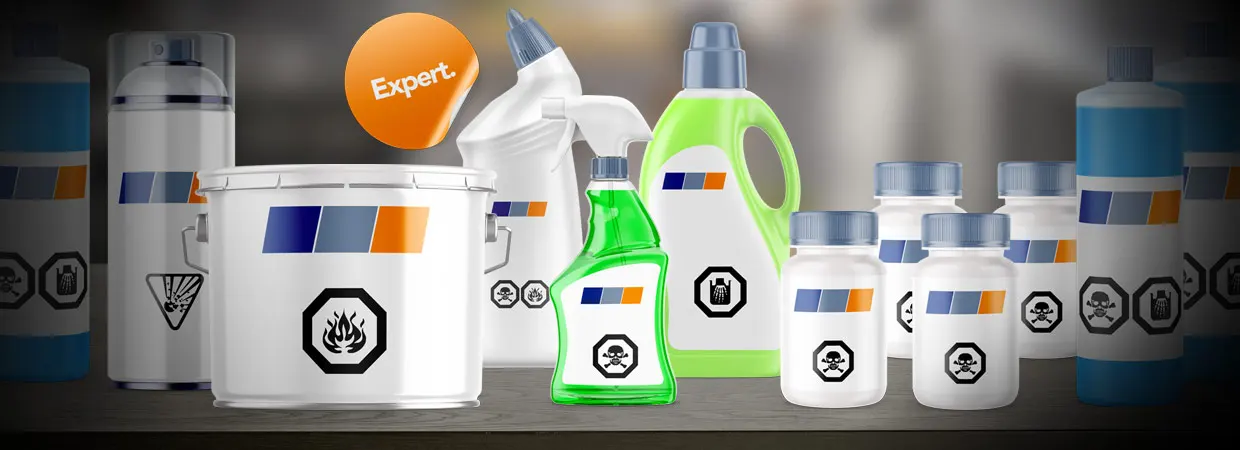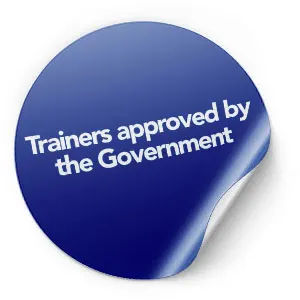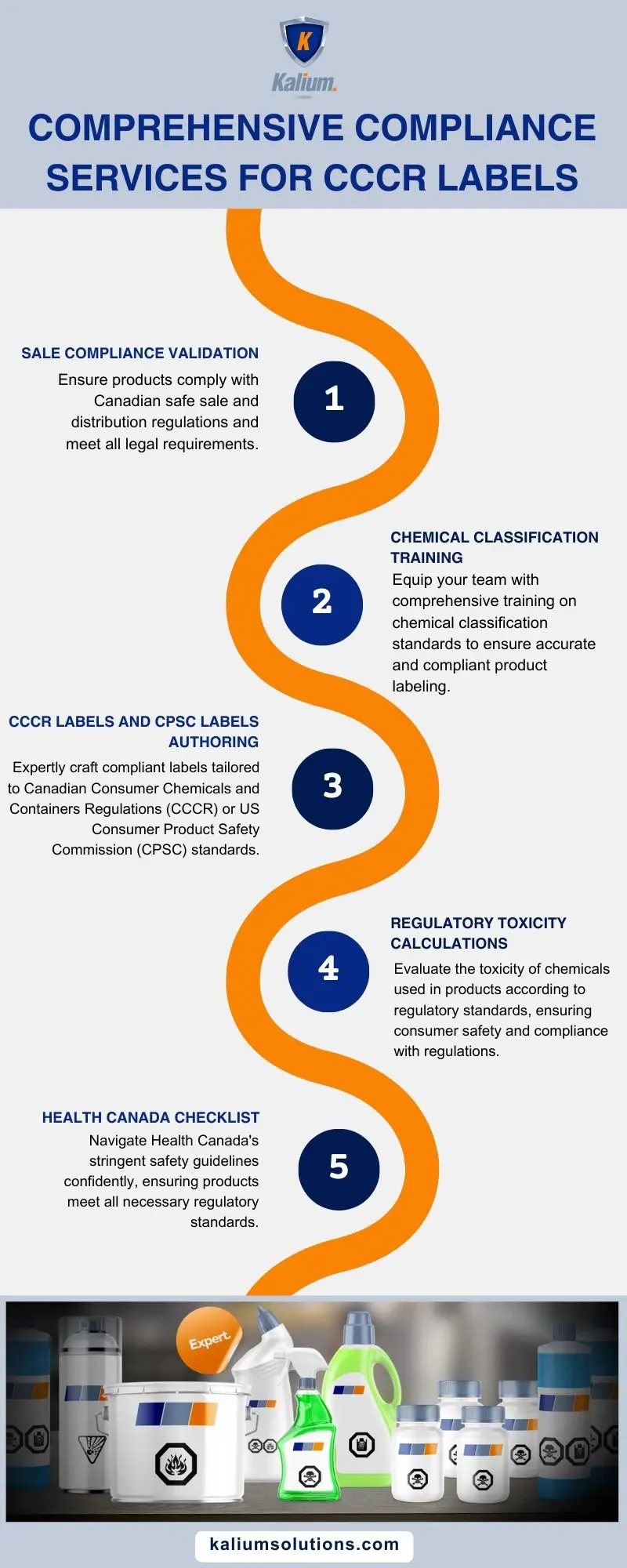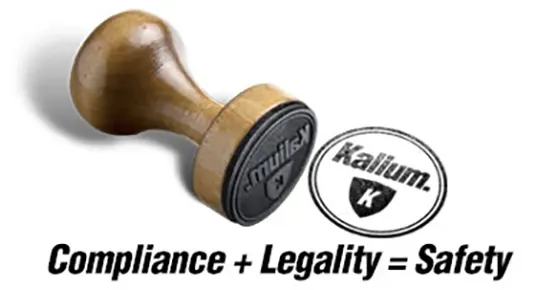Consumer Chemicals and Containers Regulations CCCR SOR/2001-269
Kalium Solutions ensures chemical regulatory compliance with the Canadian CCCR 2001.
We provide comprehensive services for all Canadian chemical regulations.
Need help marketing your chemical products in stores and big-box retailers in Canada ?
The CCCR is the Consumer Chemicals and Containers Regulations (SOR/2001-269) of the Hazardous Products Act.
This regulation governs everything that must be included on a consumer chemical product label.
For your CCCR labels:
Available services:
- Sale compliance validation
- Chemical classification training
- CCCR labels and/or CPSC labels authoring
- Final assembly of your labels ready for printing
- Health Canada checklist
- Volatile Organic Compounds (VOC) calculations
- Flashback and length of the flame projection tests
- Regulatory toxicity calculations
- Authoring reports for your government audits
- Import/Export compliance of chemicals
- Child-resistant container compliance validation
- Compliance validation according to the Competition Bureau
Whether you are a manufacturer or importer, it is your responsibility to follow all the compliance verification steps of Health Canada and its CCCR (SOR/2001-269) regulations.
If you sell online and your product is available to everyone, you must follow all the steps.
Note that there are major differences between the CCCR (SOR/2001-269) and the US CPSC.
It is very difficult to have a label that complies with both Canadian CCCR (SOR/2001-269) and USA Consumer Product Safety Commission regulations.
In order to properly fulfill your regulatory obligations, you must have access to up-to-date databases as well as in-depth knowledge.
Our team of experts can help you and have the software and databases to do all the detailed calculations required by Health Canada under the CCCR (SOR/2001-269) and CPSC.

Need CCCR training?
CCCR training information
The aim is to support companies selling hazardous products to Canadian consumers under the Consumer Chemicals and Containers Regulations (CCCR). Each participant will learn to master all the steps in order to properly complete the checklist required by Health Canada. We will evaluate each of the five classes: toxic, corrosive, flammable products, adhesives that quickly stick to the skin as well as pressurized containers.
We also deal with the following subjects:
- Classification of the mixture according to the 5 hazard classes
- Definitions and interpretation
- Precedence of credible data sources
- Prohibitions Verification of the presence of substances of particular interest
- Acute Toxicity Assessment (ATE) calculations for mixtures
- Mandatory requirements and information according to hazard classes
- Criteria required for child-resistant packaging
- Leak test of containers
- Resources available to perform the splash and flashback tests required by Health Canada
- Steps to follow in the event of recalls, complaints and incidents in accordance with Health Canada requirements
- Computer tool for writing your RPCCC labels and toxicity reports (Kalium's software)
The CCCR training also includes practical classification and label preparation exercises. We favor playful learning using games and teaching materials. Each participant will receive a training booklet for future reference and a training certificate. Achievement of goals and skills A series of exercises will measure, evaluate and validate the achievement of objectives and skills for all participants. A workbook is included in the training. Participants will also receive a training book for future reference. During this training, participants will have access to Kalium Solutions software. It is important to note that the training focuses on approaches for properly classifying hazardous materials and associated hazards. The methods taught are applicable to different IT tools and do not depend on specific software.
Participants will be able to apply the knowledge acquired in this training using the tools present in their workplace.
Who is this CCCR (SOR/2001-269) training for?
If you produce or need to evaluate chemicals sold to consumers in retail outlets, this training becomes a must. Here are some issues and questions related to this course. If you question any of the following questions in the context of your work, training on dangerous materials according to the CCCR is certainly relevant to properly carry out your professional functions. Remember that hazard assessment begins with knowing the risks associated with a hazardous product.
Our comprehensive training and regulatory compliance services ensure that your products meet all necessary requirements, helping you navigate the complexities of Canada chemical regulations and maintain chemical regulatory compliance efficiently. |
 |

Frequently asked questions
What are the CCCR (SOR/2001-269) regulations in Canada?
The Consumer Chemicals and Containers Regulations CCCR is a Canadian regulation under the Consumer Product Safety Act (CPSA). It aims to protect consumers from risks associated with chemicals and their packaging when used in a domestic setting.
Among other things:
- It provides a standard for the presentation of label information
- It establishes safety guidelines for chemicals used at home (cleaners, solvents, paints, etc.).
- These guidelines include mandatory labeling, hazard symbols, warnings, and instructions for safe use.
- It frames the classification criteria for the following hazardous chemicals
- Corrosives
- Toxics
- Flammables
- Quick skin-bonding adhesives
- Pressurized containers
- It establishes the requirements for containers, either
- Child-resistant containers
- Single-use containers
- Leak tests
What is CCCR compliant?
To comply with the CCCR (SOR/2001-269), a consumer product must be properly classified and meet all the requirements of this regulation.
It must therefore comply with labelling requirements such as:
- The location on the main display panel of the following information:
- Hazard symbol(s)
- Signal word “EXTREME DANGER”, “DANGER” or “CAUTION”, as applicable
- Primary hazard statement(s)
- Location of other hazard information
- Specific hazard statement(s)
- Negative instructions
- Positive instructions
- First aid statement (CCCR s.25.1)
- Character height
A child-resistant container may also be required if your product is toxic or corrosive.
The CCCR requires a leakage test on your container for all chemical products.
Health Canada requires that its checklist be completed for any product placed on the market. This list can be found in the Industry Guide.
This list and a copy of the label must be kept for a period of 6 years after the end of sale and must be provided upon request to any Health Canada inspector.
Remember that in addition to complying with the CCCR, you must also comply with the Consumer Packaging and Labelling Regulations which prescribe the following obligations on how to identify:
- The identity of the product
- The net quantity of the product
- The name and principal establishment (mailing address) of the supplier.
Other laws and regulations may apply.

Design, programming and hosting by VisionW3.com


